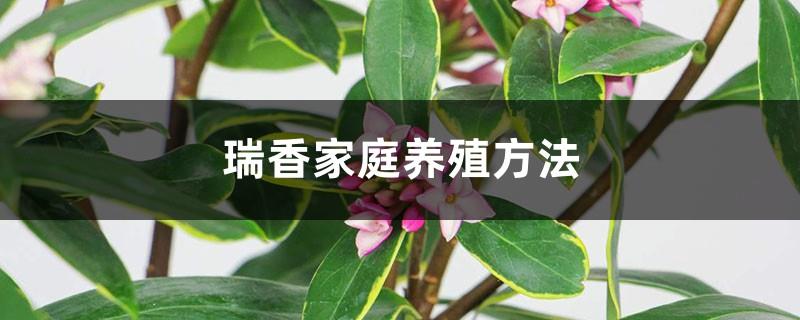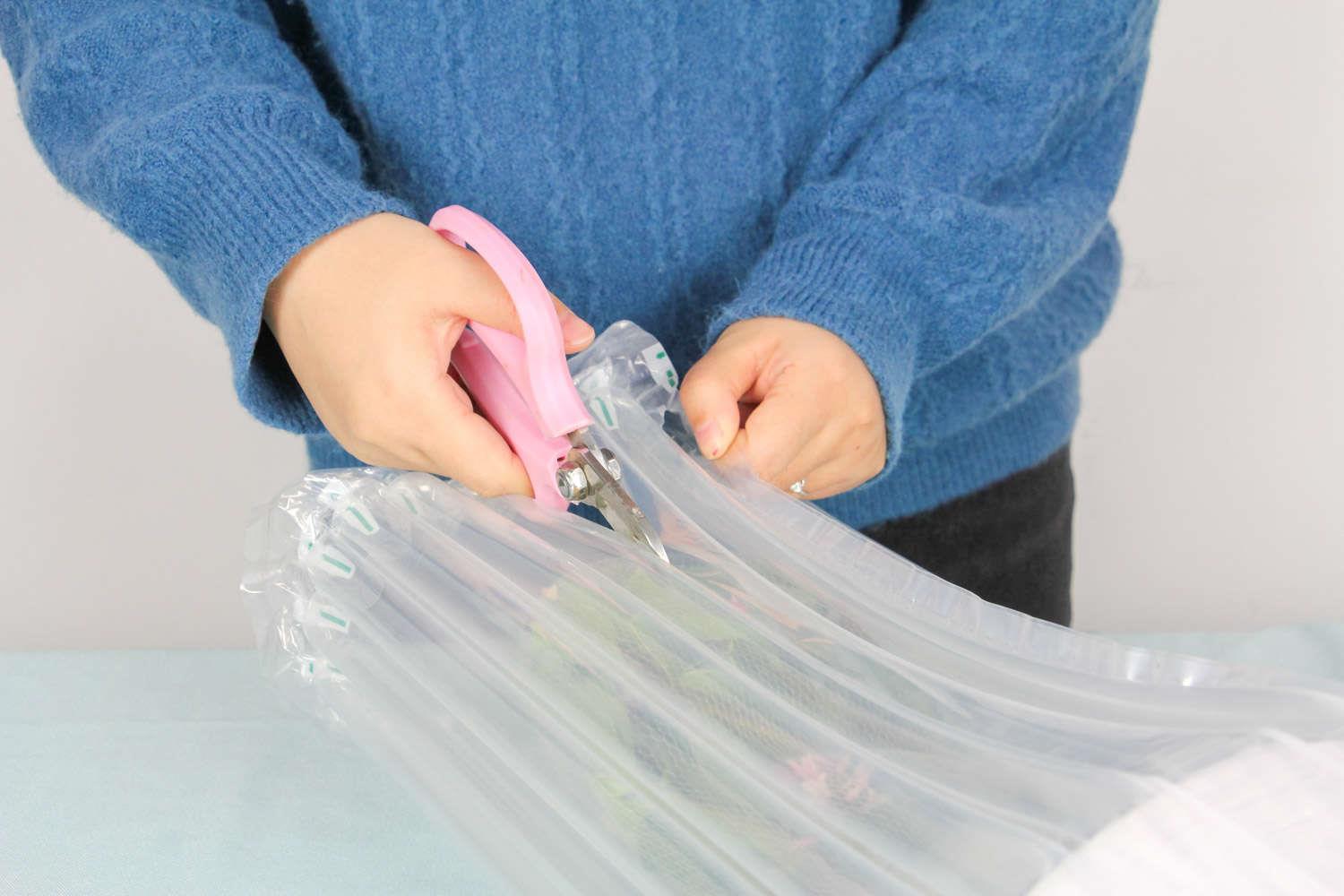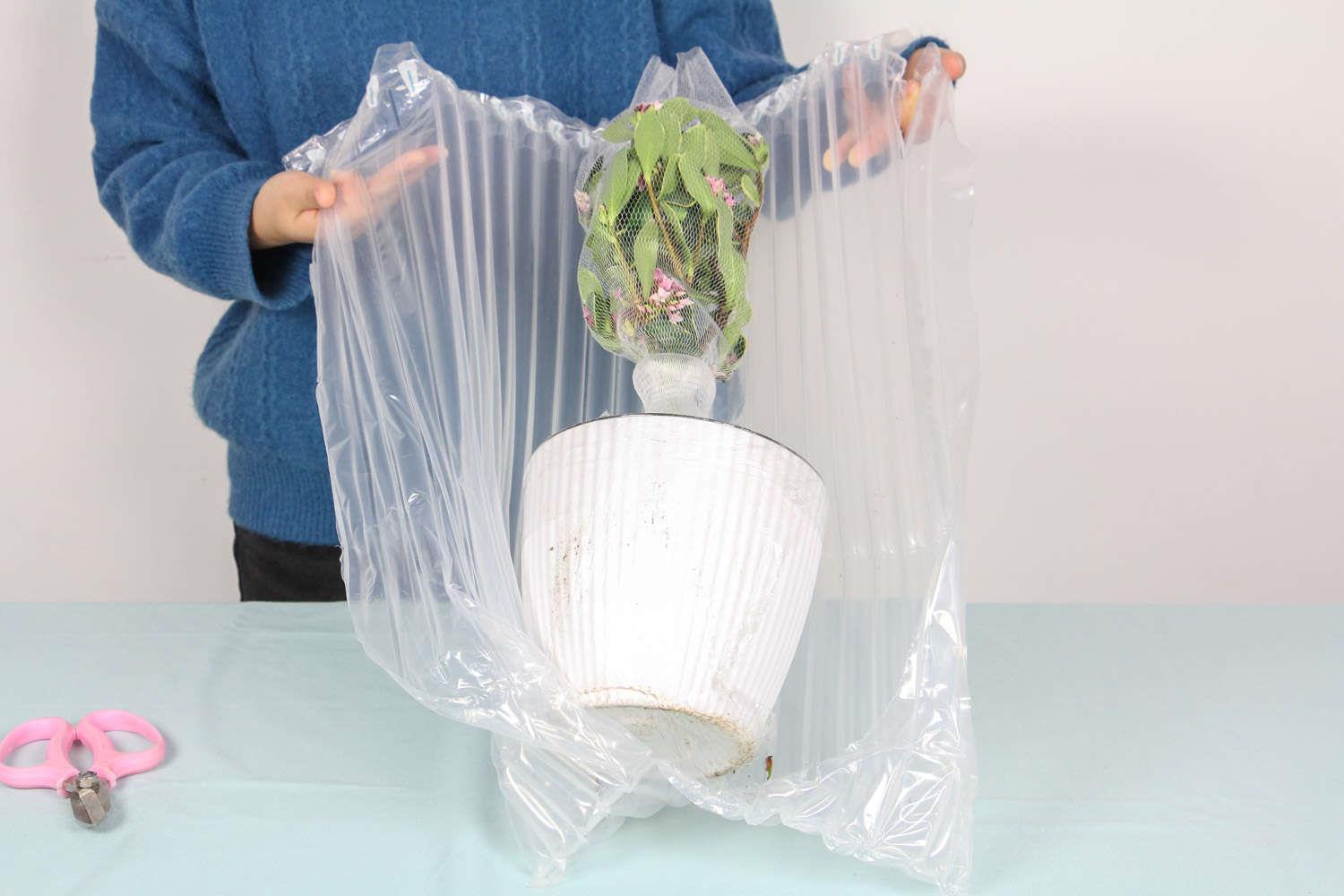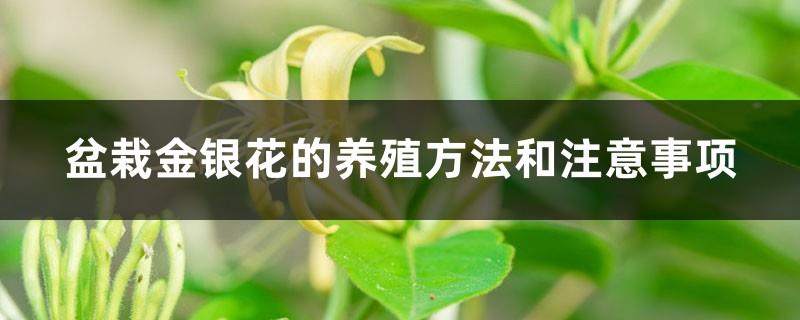Daphne family cultivation method
Last Update :2024.06.23
Article Catalog
Temperature: The temperature in winter should be kept above 8℃. Lighting: Shade should be done well in summer and proper ventilation should be provided. Watering: The pot soil should not be too dry or too wet, and water less during the dormant period. Soil: Loose, fertile, well-drained acidic soil is suitable. Fertilizer: Mainly nitrogen fertilizer and potassium fertilizer, and some decomposed manure should be applied before wintering.

Breeding method
Cultivation methods
Temperature and light
Daphne likes a warm and cool growing environment, likes shade and is afraid of cold. Avoid direct sunlight, do a good job of shading in summer, and provide proper ventilation. In winter, the plants should be moved indoors to a sunny location and maintained at a room temperature above 8°C.

Water
Daphne It likes moisture, so just keep the pot soil not too dry or too wet. In summer, Daphne enters a semi-dormant state, so you can appropriately reduce the amount of watering.
Soil
Daphne is suitable for loose, fertile, well-drained, acidic soil.
Fertilizer
The main fertilizers for Daphne are nitrogen fertilizer and potassium fertilizer, and the fertilizer solution that has been fully decomposed must be applied, and a small amount of black vitriol water must be added. Note that the fertilizer used for daphne should be light and avoid being too thick. Note that it is not advisable to fertilize when the pot soil is too wet or the temperature is too high or too low. You can also apply some decomposed manure before overwintering.

Notes
Daphne It is more resistant to pruning. Usually, before it sprouts, the dense branches can be cut off to leave some gaps, which is conducive to ventilation and light transmission. Daphne is suitable for pruning after the flowers fade. In addition to shortening the branches that have bloomed, you should also cut off overlapping branches, overly dense branches, leggy branches, diseased branches and other branches to ensure the beautiful shape of the plant.
Daphne is generally repotted and soiled every 2-3 years, usually after the flowers fade. When repotting, remove about 2/3 of the old soil, and trim off some excessively long fibrous roots. This can be combined with repotting and lifting the roots appropriately.
Precautions
- END -
Farming methods and precautions for oranges

Soil: For tangerine cultivation, acidic or neutral soil should be used, and it sho...
Potted honeysuckle cultivation methods and precautions

Lighting: Make sure there is enough sunlight. If there is not enough light, the le...